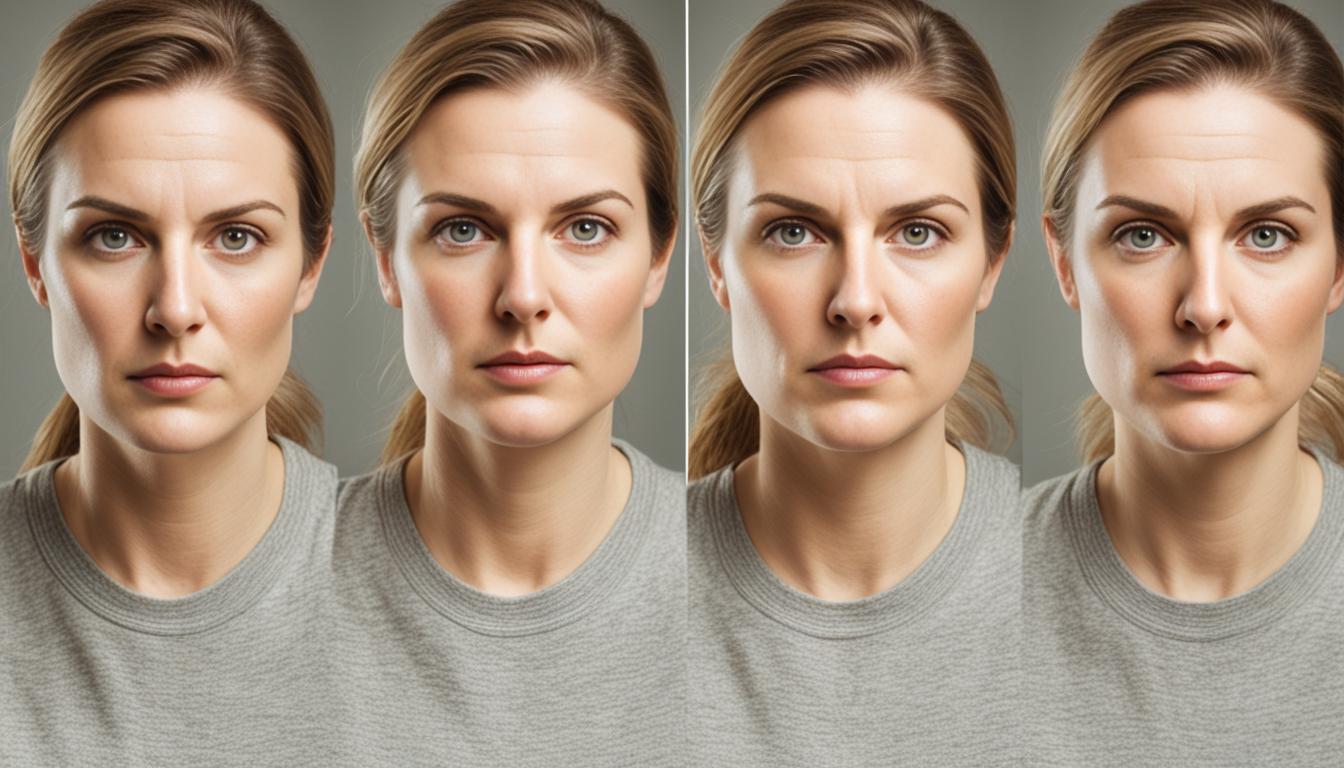Polycystic ovary syndrome (PCOS) is quite common among women of childbearing age. It brings about hormonal imbalances, cysts in the ovaries, and irregular periods. The causes of PCOS are still being researched, but we know certain factors like genetics, insulin problems, and hormonal imbalances play a role.
Women with PCOS might not show the same signs. Yet, they often face issues like irregular periods, finding it hard to get pregnant, having too much of male hormones, and growing excessive hair. This health condition can also cause some serious problems, including metabolic issues, obesity, diabetes, heart problems, and changes in mood.
A doctor diagnoses PCOS through checking symptoms, hormone levels, and special imaging of the ovaries. To manage PCOS, doctors recommend changes in lifestyle like healthier eating and more activity. Some might need medicine to help with periods and hormone levels. Another interesting line of treatment being looked into is stem cell therapy for PCOS.
Key Takeaways:
- PCOS is a common endocrine disorder that affects women of reproductive age.
- It is characterized by hormonal imbalances, ovarian cysts, and irregular menstrual cycles.
- The exact cause of PCOS is not fully understood but is believed to involve genetic and epigenetic factors, insulin resistance, and imbalances in sex hormones.
- Common symptoms of PCOS include menstrual irregularities, infertility, high levels of androgens, and hirsutism.
- PCOS can lead to complications such as metabolic syndrome, obesity, diabetes, cardiovascular diseases, and mood disorders.
- The diagnosis of PCOS is based on clinical symptoms, hormonal levels, and ultrasound imaging of the ovaries.
- Treatment options for PCOS include lifestyle interventions, medications, and stem cell therapy.
Symptoms of PCOS
Polycystic ovary syndrome (PCOS) is a complex disorder. It comes with many symptoms. But, not everyone with PCOS will have the same signs.
Irregular periods are a key sign of PCOS. This means changes in your period. You might have your period less often, or it might be very heavy. Some people even stop having periods completely, called amenorrhea. Sometimes, the bleeding is all over the place (erratic).
Another big issue with PCOS is trouble getting pregnant. Hormone problems can stop eggs from leaving the ovaries. This makes it hard to get pregnant.
High levels of male hormones stand out in PCOS. This can lead to things like a lot of hair in unusual places (hirsutism) and bad acne. Hair loss on the scalp can also happen.
Ovarian cysts are also linked to PCOS. These are small sacs filled with fluid. Doctors can see them with special scans. The cysts make too many hormones, which causes problems in the body.
But remember, not everyone with PCOS will have all these signs. It changes for each person.
| Common Symptoms of PCOS |
|---|
| Irregular menstrual cycles |
| Infertility or subfertility |
| Hirsutism (excessive hair growth) |
| Acne |
| Androgenic alopecia (hair loss) |
| Ovarian cysts |
Causes of PCOS
Polycystic ovary syndrome (PCOS) is a complex condition with various causes. It’s not completely understood yet. However, we know several contributors to PCOS’s development.
Genetic Factors
Genetics strongly influence PCOS. A family history of it makes you more likely to get it. So far, scientists have found some genetic markers linked to PCOS.
Dysfunction of the Hypothalamic-Pituitary-Ovarian Axis
The HPO axis is vital in controlling reproductive hormones. When it doesn’t work well, hormone levels get off balance. This can lead to PCOS, as seen in too much GnRH causing high LH and androgens.
Adrenal Androgens
The adrenal glands’s androgens, like testosterone, also affect PCOS. During puberty, their increased release might lead to PCOS. These androgens mess up our hormonal balance, causing PCOS symptoms.
Ethnicity
PCOS risk and how severe it is can change by ethnicity. Different genetic profiles and enzyme actions might be behind these variations. For example, South Asians and Hispanics have a higher PCOS risk.
In short, PCOS develops from a mix of genetics, hormones, and ethnicity. Its roots include genetic factors, hormonal system issues, adrenal androgens, and different ethnic backgrounds. Knowing these causes is key to spotting PCOS early, diagnosing it correctly, and creating specific treatments. This work is vital for managing this common, disruptive issue.
Conclusion
PCOS is a complex disorder that affects women’s health. The exact cause is still unknown, but research has brought new treatments. These treatments help manage symptoms and lower future health risks. They include changes in diet and regular exercise, along with some medicines.
Stem cell therapy is a new and promising treatment for PCOS. Researchers are studying the disease and its risks to find better treatments. Early detection and raising awareness about PCOS are also crucial steps. They can help women get the support they need sooner.
Dealing with PCOS means making changes in lifestyle, taking medicine, and keeping up with new research. With ongoing progress, outcomes for women with PCOS are looking better. This means their quality of life and health should improve.

